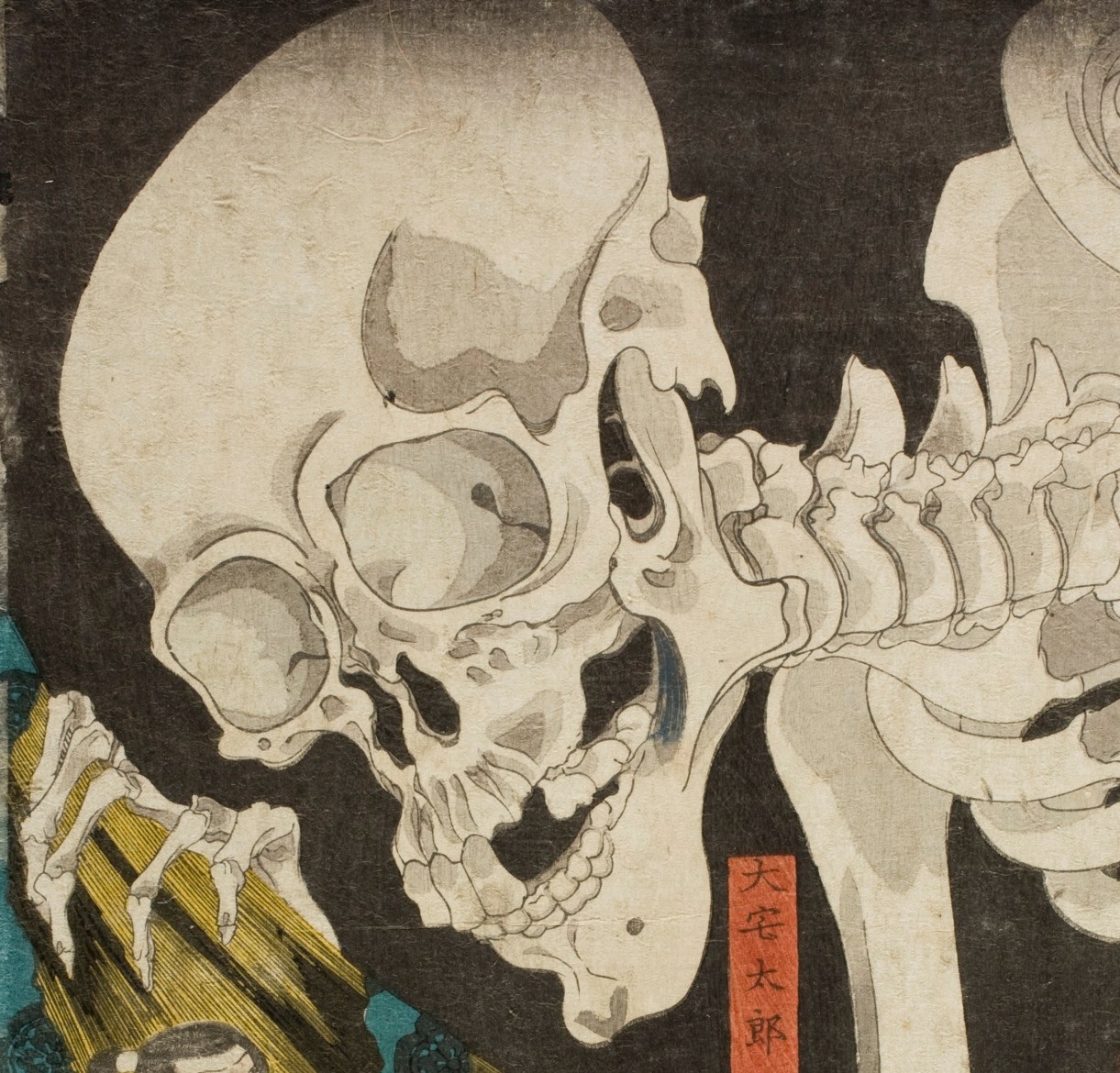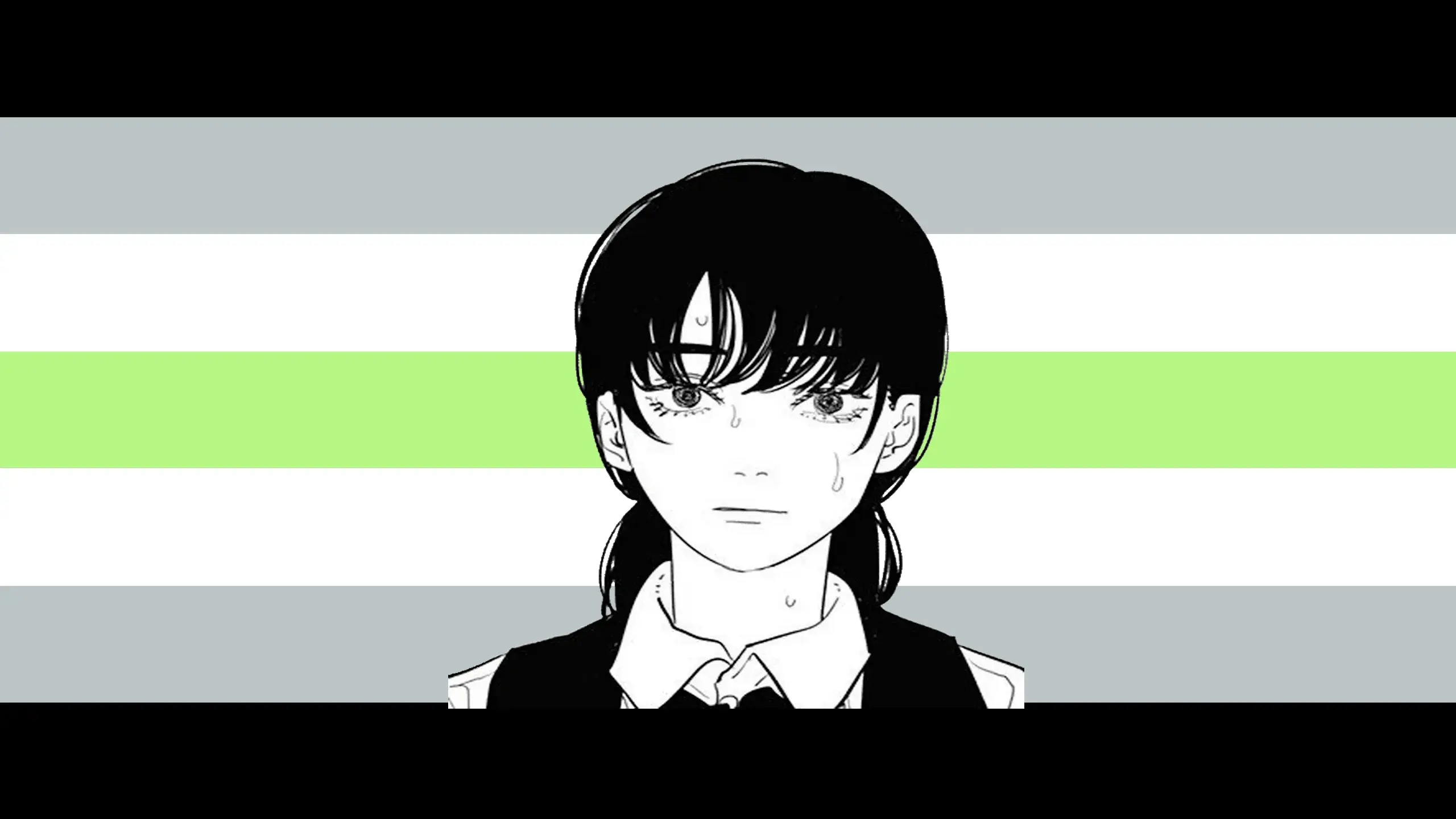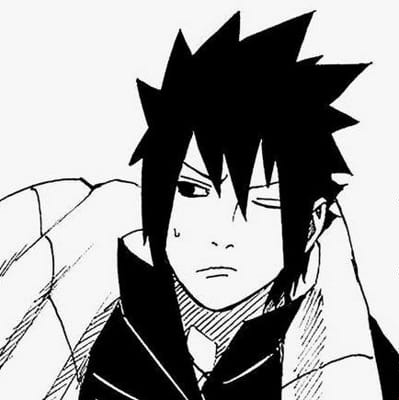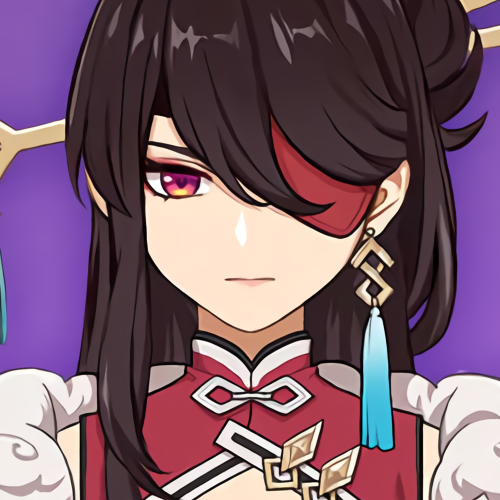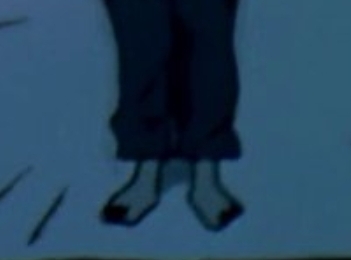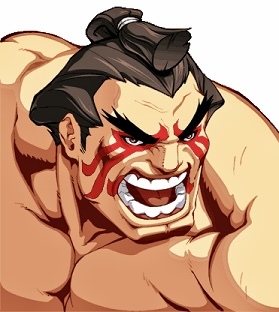The Yuan Dynasty was established by the Mongols and ruled China from 1271 to 1368 CE. Their first emperor was Kublai Khan (r. 1260-1279 CE) who finally defeated the Song Dynasty which had reigned in China since 960 CE. Stability and peace within China brought a certain economic prosperity for some as Kublai and his successors promoted international trade which saw the now-unified country open up to the wider world. While there was peace in the western part of the Mongol Empire, Kublai launched two unsuccessful invasions of Japan and several others elsewhere in South East Asia. The Mongols’ reign in China was finally ended due to a lethal cocktail of endless infighting amongst their leaders, inept and corrupt government which overspent and overtaxed, floods and famines. Peasant uprisings rumbled throughout the 14th century CE until one, led by the Red Turban Movement, toppled the Yuan and brought in a new regime, the Ming Dynasty (1368-1644 CE).
Kublai Khan & the Song
In 1268 CE Kublai Khan focussed on finally knocking out the Song Dynasty and establishing himself, as all nomadic leaders before him had dreamed of, as the emperor of China. The Mongols had already made several major attacks on Song territory, notably during the reigns of Genghis Khan (r. 1206-1227 CE) in 1212-1215 CE and of Mongke Khan (r. 1251-1259 CE) in 1257-1260 CE. Equipped with an army of over 1,000,000 men, a large naval fleet, and immense wealth, Song China would prove a stubborn opponent to the otherwise invincible Mongol military machine. The success of Mongol warfare across Asia had been based on fast cavalry, but the Song countered this by deliberately adopting a strategy of more static warfare and building great fortifications at key cities and river crossings. For this reason, it would take eleven long years for Kublai to pick off his targets one by one and finally batter the Song into submission.
The Mongols were helped by many Song generals defecting or surrendering their armies, and the fact the imperial court was beset by infighting between the child emperor’s advisors. Ultimately, the empress dowager and her young son Emperor Gongzong (r. 1274-5 CE) surrendered along with their capital Lin’an on 28 March 1276 CE. The Song royals were taken prisoner to Kublai’s new capital at Beijing (Daidu). Groups of loyalists fought on for three more years, installing two more young emperors in the process (Duanzong and Dibing), but the Mongols swept all before them. Finally, on 19 March 1279 CE a great naval battle was won at Yaishan near modern-day Macao; the Mongol conquest of China was complete. It was the first time that country had been unified since the 9th century CE, not that this was much consolation to the countless dead, robbed and displaced across China.
Establishing Government
Making himself emperor of China, Kublai gave himself the reign name Shizu and, in 1271 CE, his new dynasty the name ‘Yuan’, meaning either ‘origin’ or ‘centre, main pivot.’ The start date of the Yuan Dynasty is variously put at 1260 CE (Mongke’s campaign), 1271 CE (first official use of the ‘Yuan’ dynasty title), 1276 CE (death of the last Song emperor and fall of the Song capital) or 1279 CE (final extinguishing of Song resistance).
Beginning with Kublai, Mongol rulers made some superficial attempts to appeal to their new Chinese subjects by adopting such traditions as emperor’s robes, travelling in a sedan chair and surrounding themselves with Confucian advisors. The real power, though, remained in Mongol hands as key administrative positions in the newly created 12 semi-autonomous provinces that China and northern Korea (annexed in 1270 CE) was now divided into largely went to Mongols, especially to members of the very large Mongol imperial bodyguard. The traditional six Chinese ministries, in place since the Tang Dynasty (618-907 CE), continued as before, but there were Mongol institutions, too, like the Shumi Yuan or Ministry of War.
Kublai abolished the civil service examinations which would have favoured Chinese officials with their Confucian education (they were reinstated in 1313 CE but Mongols still received advantages). Although many Chinese officials continued to work as before, they were subject to random and secret inspections by Mongol-trusted censors. The Mongol regional official known as the jarquchi was appointed to Chinese territories, and these and representatives of the various Mongol clans made up a local government for each province. The Mongol police force, the tutqaul, was given the task of ensuring roads were kept free from bandits, and western Asians, particularly Muslims, were often given roles in the financial side of government such as finance ministers and tax inspectors.
A New Social Order
Kublai ensured that Mongols always gained an advantage in China by officially classing them as superior in rank to Chinese. The four official Yuan ranks, based on perceived loyalty to the Yuan rulers, were:
- Mongols
- Semu - people from Central Asia and/or speakers of Turkic languages
- Hanren - northern Chinese, Tibetans, Khitans, Jurchen and others
- Nanren - southern Chinese formally ruled by the Song.
Being a member of one of the above four classes had repercussions for an individual’s tax status, their treatment by the judicial system and their eligibility for positions in the state administration (there was a 25% capped quota for southern Chinese, for example). Differences in treatment included northern Chinese being taxed by household while southern Chinese had to pay according to the area of land they owned. Punishments were a particularly striking area of difference with, for example, a Mongol found guilty of murder only having to pay a fine while a southern Chinese convicted of mere theft was fined and then tattooed as a criminal. The new law code introduced in 1270 CE, however, had only 135 capital crimes, half of those in the code used by the Song.
There were other measures of segregation, too, such as forbidding Chinese to take Mongol names, wear Mongol clothes or learn the Mongol language. Intermarriage was discouraged. Rather than being a solely racially-motivated policy, though, Kublai and his successors were most concerned with controlling their subjects, making it easier to identify who was who and ensuring there were no rebellions; Chinese were forbidden to carry weapons and congregate in public, for example.
At least traditional religions were permitted to continue as long as they did not threaten the state, although Buddhism was generally favoured over the traditional Chinese Confucianism. The Mongols’ own preference for shamanism showed no signs of change, although Kublai himself converted to Tibetan (Lamaist) Buddhism.
Foreign Policy & Trade
Kublai Khan was particularly interested in re-establishing the Chinese tribute system which had been neglected during the latter part of the Song’s reign. The system had states pay symbolic and material tribute to China’s dominant position as the centre of the known world, the ‘Middle Kingdom.’ Not only was it a means to further legitimise his position as Chinese emperor but it could also bring in useful material goods and help expand international trade. There was also the matter that Mongol rulers legitimised their position through conquest and the distribution of booty to their followers to ensure loyalty and continued service. Kublai, then, embarked on a series of campaigns to bring China’s neighbours back to their former position of subservience to the emperor.
In other parts of Asia, to the west, there was relative peace, the so-called Pax Mongolica, although there was a major rebellion in Tibet in the early 1290s CE, and the other descendants of Genghis Khan, especially the Ogedeids, continued to nibble at China’s western borders. Nevertheless, the Mongols as a group, by forging an empire from the Black Sea to the Korean peninsula (even if it was now split into large khanates ruled by Genghis Khan’s descendants) had managed to expose China to a wider world.
Of more concrete benefit to the Mongols and Chinese than world fame, the Yuan did promote international trade, too. Artisans and craftworkers were given a more elevated status than previously and given tax exemptions. Merchants, not being producers but ‘exchangers,’ had been discriminated against under the Song, and these, too, now benefitted from more favourable tax measures, low-cost loans and the end of sumptuary regulations.
The effect of these policies was to create a boom in crafts and trade, especially of silk and fine porcelain, the latter product now being supervised by a specific government agency, paving the way for the later Ming potters to gain worldwide fame of their own. Trade also brought a greater exchange of ideas and technologies such as Persian expertise in astronomical observations, maps, luxury textile weaving, and irrigation coming to China, and gunpowder weapons, printing, the mariner’s compass, and paper money to the west. Islam also spread further to the east as merchants crisscrossed Asia.
Collapse & Ming Dynasty
By the mid-14th century CE, the Yuan rulers had been beset by a devastating combination of unusually cold winters, famines, plagues, and flooding of the Yellow River which all combined to bring hyper-inflation when the government tried to solve the problems of a damaged infrastructure by printing too much paper money. There followed widespread banditry and uprisings by an overtaxed peasantry. Worse, some of the local elites and provincial administrators in southern China were colluding with the bandits, smugglers and even religious leaders to take over entire towns. Yuan China was disintegrating from within.
The Yuan rulers had not helped themselves by squabbling over power, creating an overblown bureaucracy, and wasting revenue and land resources on a few favoured princes and generals. Most importantly of all, they failed to quash numerous rebellions, including that perpetrated by a group known as the Red Turban Movement, an offshoot of the Buddhist White Lotus Movement, led by a peasant called Zhu Yuanzhang (1328-1398 CE). Zhu replaced the Red Turban’s traditional policy aim of reinstating the old Song Dynasty with his own personal ambitions to rule and gained wider support by ditching the anti-Confucian policies which had alienated the Chinese educated classes. Alone amongst the many rebel leaders of the period, Zhu understood that to establish a stable government he needed administrators not just warriors out for loot.
Zhu Yuanzhang’s first major coup had been the capture of Nanjing in 1356 CE. Zhu’s successes continued, and he defeated his two main rival rebel leaders and their armies, first Chen Youliang at the battle of Poyang Lake (1363 CE) and then Zhang Shicheng in 1367 CE. Zhu was left the most powerful leader in China, and, after taking Beijing, the last Yuan emperor of a unified China, Toghon Temur (r. 1333-1368 CE), fled to Mongolia and the old, now largely abandoned capital Karakorum. The Yuan would, thus, continue to rule in Mongolia under the new name of the Northern Yuan Dynasty (1368-1635 CE). Meanwhile, Zhu declared himself the ruler of China in January 1368 CE. Zhu would take the reign name of Hongwu Emperor (meaning ‘abundantly marital’) and the dynasty he founded Ming (meaning ‘bright’ or ‘light’).
-
🐻Link to all Hexbear comms https://hexbear.net/post/1403966
-
📀 Come listen to music and Watch movies with your fellow Hexbears nerd, in Cy.tube](https://live.hexbear.net/c/movies
-
🔥 Read and talk about a current topics in the News Megathread https://hexbear.net/post/4648058
-
⚔ Come talk in the New Weekly PoC thread https://hexbear.net/post/4652037
-
✨ Talk with fellow Trans comrades in the New Weekly Trans thread https://hexbear.net/post/4647580
-
👊 New Weekly Improvement thread https://hexbear.net/post/4641452
-
🧡 Disabled comm megathread https://hexbear.net/post/4592894
-
Parenting Chat https://hexbear.net/post/4638864
reminders:
- 💚 You nerds can join specific comms to see posts about all sorts of topics
- 💙 Hexbear’s algorithm prioritizes comments over upbears
- 💜 Sorting by new you nerd
- 🌈 If you ever want to make your own megathread, you can reserve a spot here nerd
- 🐶 Join the unofficial Hexbear-adjacent Mastodon instance toots.matapacos.dog
Links To Resources (Aid and Theory):
Aid:
Theory:
I’m a communist because I’m an optimist at heart. Fascists think people are savages that need control, or that the world is falling into some destined dark ages and the human spirit needs to be violently repressed to stop it. Commies see the goodness in people, that we can work together, that we can build a better world beyond pure domination and subjection.
I was raised to love all and respect all life. Communism is the only political tendency today that aligns with this value. Average westerners don’t think we can do better than capitalism, neoliberalism or welfare states, but to be communist is to have the knowledge that we can do so much better.
This isn’t a new idea to anyone here, I just have a strong urge to soapbox right now to some imaginary impressionable people, thank you for coming to my ted talk.

Mom makes breakfast and I spit it out
She says “Mikey noooo…. Americans can’t afford egg and you spit it out”
I tell her “they can start laying egg if they can’t afford”
very based, mikeychaz
One of the worst things that can happen to a human is finding a musician who makes absolutely terrible music with political messaging that you completely agree with
I can’t remember which episode it was, but Brace had a rant on TrueAnon about how musicians are idiots and you should never listen to what they have to say lol
deleted by creator
It is projected that by 2050, 20 % of all words in the English language will primarily describe a method, style, or purpose of masturbation
posting it hexbear style
deleted by creator
POV: you’re trapped in purgatory and the couple’s fighting again


My girlfriend she is Italian
I cooked her pasta and she says “this is not pasta”
Then I told her “I can throw it away pasta la vista”
Lol we’ve been together 2 years :dril:
GOOD posta
I didn’t know about leftypol before this yugopnik AMA and I had no idea such a place existed. Its like the same attitude of 4chan posters but nominally leftist? But one of the main threads was dedicated to idubbbz being a cuck, so definitely had the 4chan energy. Hopefully some people have a good experience there but seemed like a sort of cesspit. Although, hexbear is also a cesspit so I guess I shouldn’t judge
my most detestable coworker (he’s a misogynistic know-all) confidently explained to me that if the U.S. wanted, they could just ramp up production and pay of all their national debt in a matter of weeks
I am pretty sure when cats slow blink they are showing affection their own way.
That’s completely true. Slow blink back at em

deleted by creator
Cats don’t need to blink, they do it for us
just saw the biggest rabbit i have ever seen outside my window


why the fuck does he know about Treatler, stop intersecting my worlds

why are multiple canadian twitch streamers learning Maoist Standard English

The US is pushing them into the warm embrace of China
Actually, maybe it’s because the US stopped funding anti-China propaganda
Marx Carney
I know that’s right
I found a YouTube link in your comment. Here are links to the same video on alternative frontends that protect your privacy:
all of the three twitch streamers I currently consistently watch now know about treatler and only one of them is Hasan
there is a non-zero chance that one of them has seen the image I hacked together for it that I’ve seen circulating beyond my original post

me trying to explain how capitalism cannot succeed to my wife in bed at 10:30pm because she finally asked about something related

 so like if the workers dont get enough wages they cant buy the stuff they make and then who are the capitalists gonna sell it to right
so like if the workers dont get enough wages they cant buy the stuff they make and then who are the capitalists gonna sell it to right
 why they gotta sell it to their own workers why cant they sell it to someone else
why they gotta sell it to their own workers why cant they sell it to someone else
 Because its like a whole class thing my love so there is the class that owns the means of productions (bad, boo) and the workers (good, yay) and the capitalists gotta pay the wages of everyone right but profits mean the wealth gets distributed up always so they cant keep raising wages indefinitely and then if there isnt enough money at the bottom then no one can buy the stuff and the whole system crashes and everyone dies or revolts.
Because its like a whole class thing my love so there is the class that owns the means of productions (bad, boo) and the workers (good, yay) and the capitalists gotta pay the wages of everyone right but profits mean the wealth gets distributed up always so they cant keep raising wages indefinitely and then if there isnt enough money at the bottom then no one can buy the stuff and the whole system crashes and everyone dies or revolts.
 We still gotta clean the kitchen
We still gotta clean the kitchenSo now I’m doing dishes and hoping I made progress with the deprogramming

why they gotta sell it to their own workers why cant they sell it to someone else
I’m starting to see a problem…
I’m gonna let it sit for a while let her stew on it on her own. I’m not doing a good job explaining when put on the spot soooo… also I’m making a book for her with marx and engels and shit and hoping that it will win her over
That’s so sweet lol! You gotta learn how to knit a coat out of linen thread.
I know, not binding Marx in linen is gotta be some sort of sin but it’s a bit expensive and I’m expecting the first attempt to fail, so its just paper and carton. The paper grain isnt even going head to tail because its nigh impossible to source printer paper with the correct grain direction. Next book I’m gonna try with proper paper and depending on how this turns out make my own buckram.
It’s not that vampires are killed by stakes and werewolves by silver bullets. Vampires are killed by weapons of the peasantry and werewolves are killed by weapons of the aristocracy.
A kalashnikov would kill a vampire, and a hellfire missile would kill a werewolf.
An AR-15, being a weapon of the petit bourgeois, would kill neither.
New Megathread nerds

-
🐶 Join the unofficial Hexbear-adjacent Mastodon instance toots.matapacos.dog
-
🌈 If you ever want to make your own megathread, you can go here nerd
@[email protected] @[email protected] @[email protected] @[email protected] @[email protected] @[email protected] @[email protected] @[email protected] @[email protected] @[email protected] @[email protected] @[email protected] @[email protected] @[email protected] @[email protected] @[email protected] @[email protected] @[email protected] @[email protected] @[email protected] @[email protected] @[email protected] @[email protected] @[email protected] @[email protected] @[email protected] @[email protected] @[email protected] @[email protected] @[email protected] @[email protected] @[email protected] @[email protected] @[email protected] @[email protected] @[email protected] @[email protected] @[email protected] @[email protected] @[email protected] @[email protected] @[email protected] @[email protected] @[email protected] @[email protected] @[email protected] @[email protected] @[email protected] @[email protected] @[email protected] @[email protected] @[email protected] @[email protected] @[email protected] @[email protected] @[email protected] @[email protected] @[email protected] @[email protected] @[email protected] @[email protected] @[email protected] @[email protected] @[email protected] @[email protected] @[email protected] @[email protected] @[email protected] @[email protected] @[email protected] @[email protected]
@[email protected] @[email protected] @[email protected] @[email protected] @[email protected] @[email protected] @[email protected] @[email protected] @[email protected] @[email protected] @[email protected] @[email protected]
No current struggle session discussion here on the new general megathread, i will ban you from the comm and remove your comment, have a good day/night :meow-coffee:
-
Going to see Godspeed you! Black emperor for the first time tonight after discovering them… 25 years ago… Jesus.
Safe to say I’m pretty pumped


